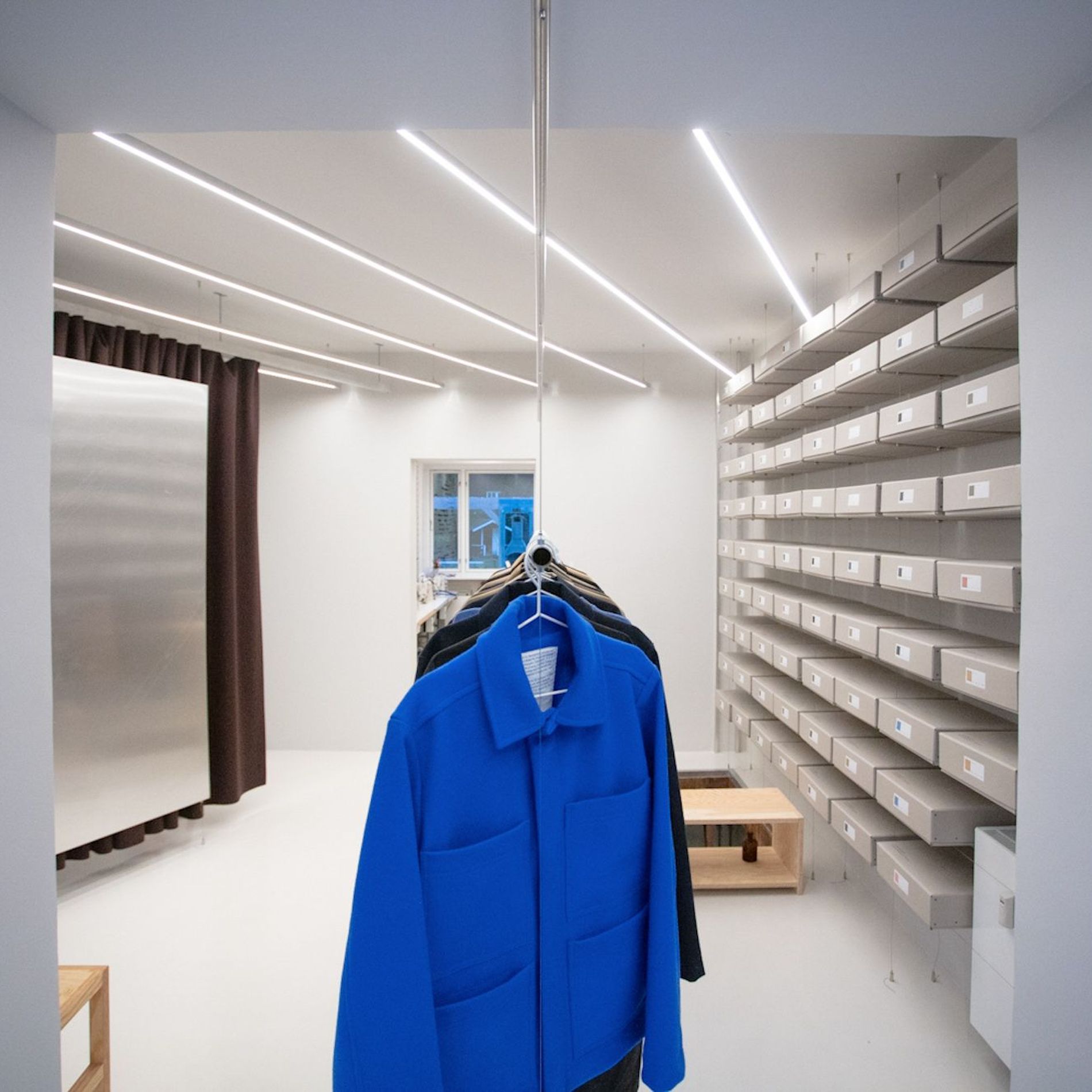Why new Scandinavian fashion brands are foregoing inventory to minimise waste
Sustainability. Green. Zero-waste. These have become buzzwords and phrases of the fashion industry in an effort to signal their values, but what do these words really mean. More importantly: how are they translated into action?
For the companies that are actually committed to being less harmful to the environment with their production as well as their actual product, there are now seemingly countless ways to integrate more sustainable practices into their supply chain.
Along with the rest of the global market, brands that focus on not only producing an excellent product but being as environmentally-conscious as possible have taken hold across the Nordics, where both consumers and organisations (such as Copenhagen Fashion Week) demand this as an essential aspect of emerging fashion brands.
Related: Filippa K launches a pre-loved platform, and these are the 10 items our editors are eyeing up
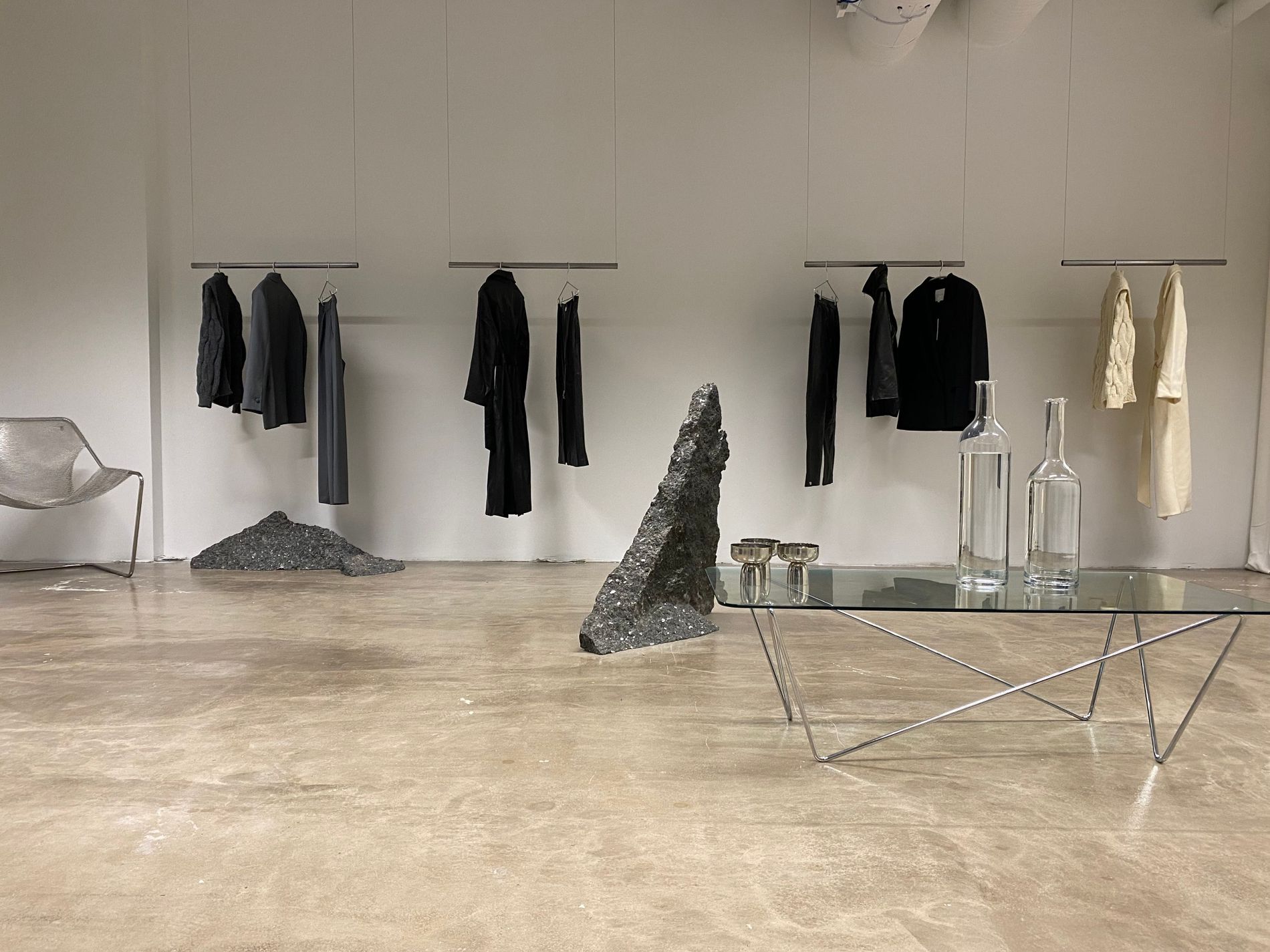
Oslo brand Envelope 1976 not only makes garments out of recycled fabrics, but they have also applied this concept to their flagship store. Photo: Envelope 1976
One key way of ensuring as little waste as possible is foregoing inventory. Rather than produce huge amounts of product with the hope that people will buy it (and then selling it at a fraction of the cost, and finally destroying it, when people don’t), some businesses have decided instead to forego inventory all together.
There are two ways to dispense with traditional inventory (e.g. warehouses full of clothes): one is the use materials or items that already exist. This can be recycling, upcycling, or using deadstock fabric, meaning leftover fabric that hasn’t been sold and is no longer produced, making it limited in quantity. By doing this, production is limited to only the items being reused.
Internationally popular brands that have made deadstock-usage more mainstream include American label Christy Dawn, UK-based brand Bug Clothing, and Australian-based Kalaurie.
Swedish fashion brand Rave Review has been creating new garments out of recycled textile since 2016, when it was launched by Josephine Bergqvist and Livia Schück. They upcycled fashion pieces as well as items like bed sheets and deadstock textile. Similarly, Stockholm-based Deadwood makes clothing from recycled leather, including using their own cut offs in the production process.
But what about brands that want to create new textile? The other way to ditch the need for a warehouse by instituting a pre-order system. This means that the company knows ahead of time how much of something to produce, so that waste is minimised as much as possible.

Deadwood's dreamy piece are created from deadstock. Photo: Deadwood
One such Scandinavian brand that’s taken on option two is Copenhagen-based Son of a Tailor (SOAT). The clothing brand started with a made-to-measure system for their cult-favourite t-shirts and has since expanded to include a wide variety of menswear essentials, all made-to-order with an individual pattern for each customer.
Son of a Tailor CEO Jess Fleischer says that the choice to do made-to-order seemed an obvious one, given their mission to combine fashion, tech, and environmentally-conscious values. He explains, “I am from a production optimisation manufacturing background. I could see with e-commerce and director to consumer business, there was a whole other way. Made-to-order became a mantra for us. We aim to show the world that this can be done in a way that makes sense for the customer in terms of delivery times, but can also be done in a profitable and transparent way.”
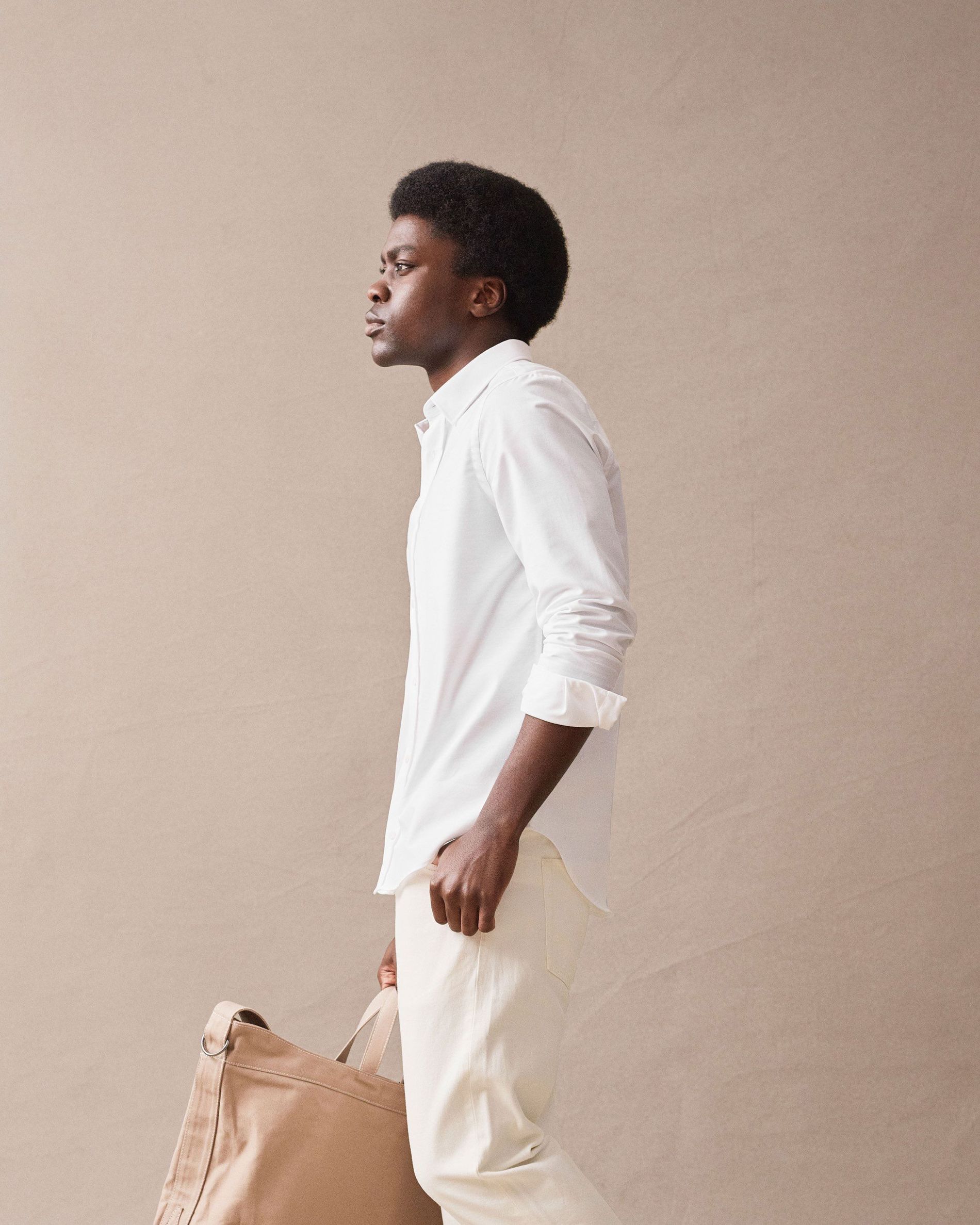
Son of a Tailor.
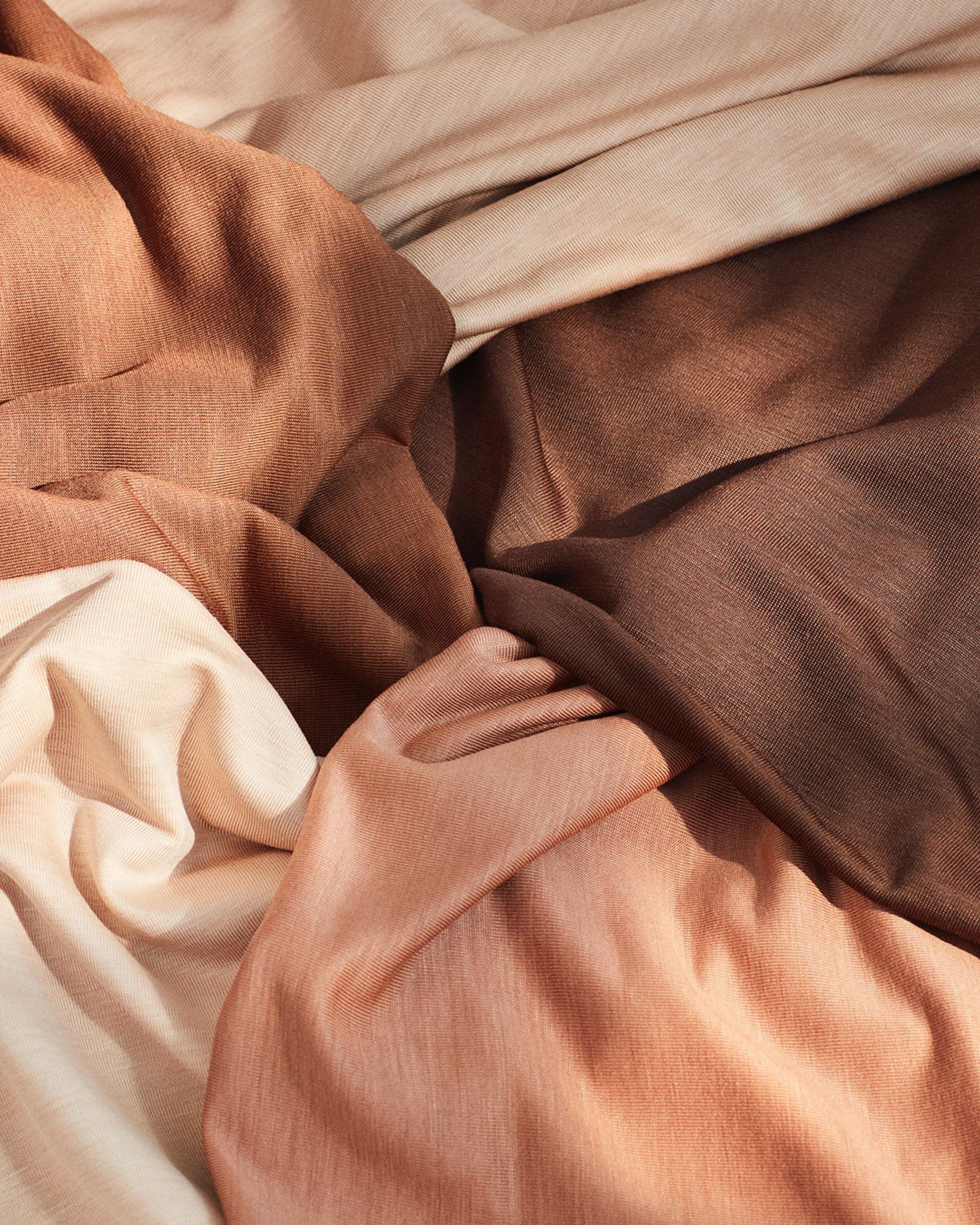
Despite the path being clear, it has not been without obstacles, but those obstacles are, perhaps surprisingly, not about inventory issues. “One of the key elements for us is managing customer expectations. When you tell the customer, it will take X amount of time to get your product, then they know up-front. Even so, we make a huge effort to keep timelines tight, because that’s what customers expect now. On average, it took SOAT seven days from order to shipping in May 2021. In May 2020, this number was 14 days. In May 2018: 18 days. The question is not if made-to-order at scale is possible; the question is simply how to do it," says Fleischer.
Also operating on a made-to-order system are successful brands including UK-based We are Kin and Mølby the Label. Scandinavian brands that work in the same way are Swedish brand Tailor Store and Danish label Artikel København, who keep one of each standard size of each piece in their Copenhagen store (worth a visit for the space alone, designed by Archival Studies), then do everything else made-to-order, including individual customisations. The proof is in the pudding; made-to-order is not only here to stay, it produces long-lasting businesses.
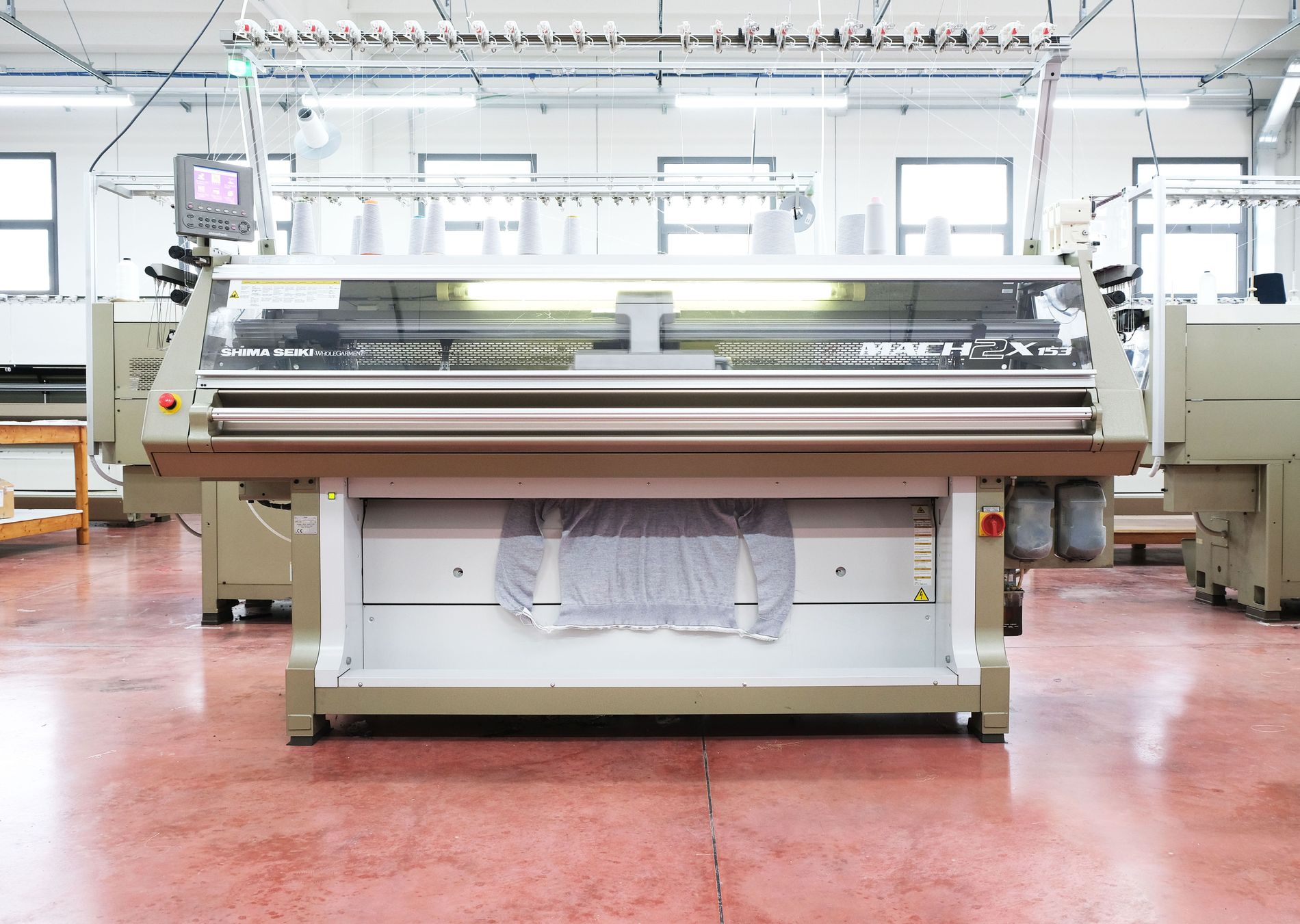
Son of a Tailor has embraced tech such as 3D knitting machines to help their sustainability efforts.
As to how brands who currently produce inventory can switch over to a made-to-order system, Fleischer says, “Try to start in small, easy product categories where you can find a partner to help you: printing on demand, sewing on demand, whatever the case may be. And definitely reach out to us at Son of a Tailor! We are passing our knowledge on and trying to help other brands with this journey. Made-to-measure is hard, made-to-order doesn’t need to be that hard!”
The idea of going inventory-free, or working from already-existing products and textiles, may sound difficult, but the benefits for the planet are matched by the interest customers are displaying for these kinds of brands. It’s not a case of either/or: brands can be successful and profitable while being innovative in their approach to production. There’s enough brands out there doing it, in Scandinavia and the rest of the world, that this particular case feels closed.
